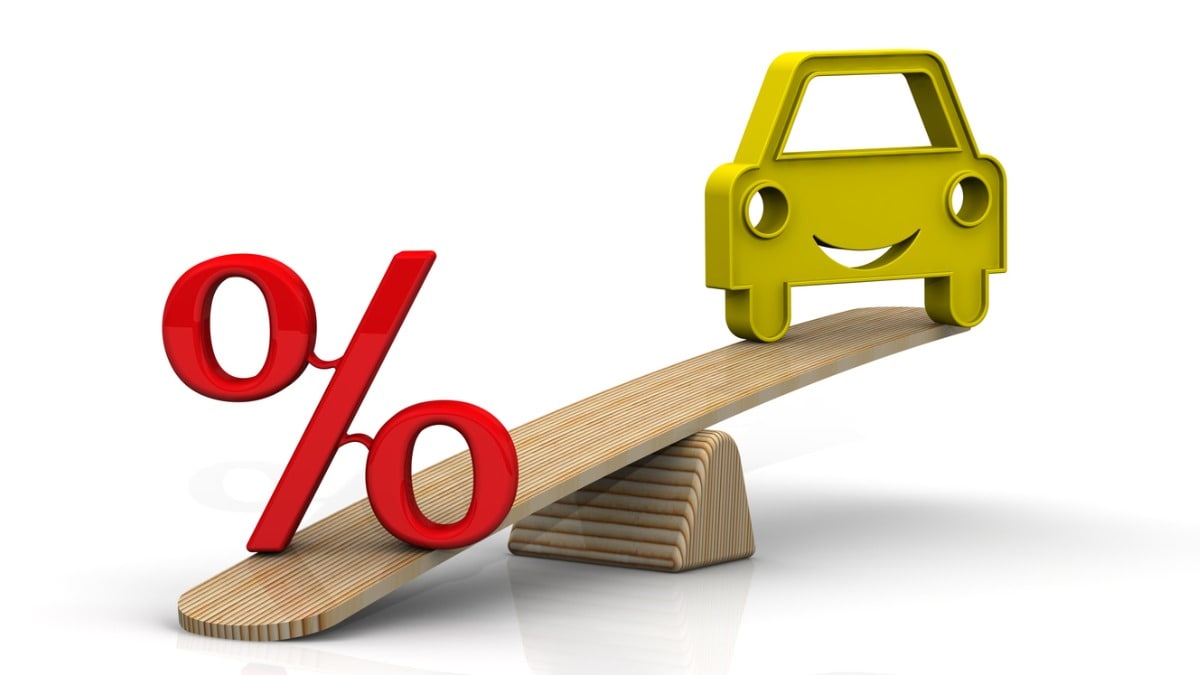
The Federal Reserve cut its benchmark interest rate in September for the first time in four years. Lending company executives largely expect another rate cut in November.
The Federal Open Market Committee of the United States Federal Reserve, commonly called “the Fed,” sets the interest rate for overnight loans between banks. That interest rate trickles down through the economy, influencing the rate that banks charge on credit cards and loans.
The Fed raised rates dramatically over the past four years, trying to rein in inflation. This increased the cost of borrowing, slowing purchases of big-ticket items like cars.
The Fed finally reversed course last month, cutting rates by half a percent (also called 50 basis points). That cut will take time to reach the car loan market – the average auto loan rate fell just 15 basis points in September, well short of matching the Fed’s move.
Fed Watchers Expect Another Quarter Point
“Federal Reserve officials, following their internal guidelines, have gone silent to prepare for their interest-rate policy meeting on November 7,” reports MarketWatch.
But observers largely expect another 25-basis-point cut.
“Fed-funds futures are showing that a quarter-point cut is almost fully priced in, with a 95.7% probability of a quarter-point cut,” MarketWatch notes.
Auto Lenders Say the Move Would Boost Demand
Executives from many major auto lenders are gathered this week in Las Vegas for an annual summit. Speaking there, many said a further fed rate cut would help lure back consumers.
Industry publication Automotive News reports that a consensus has built at the summit – “Rate cuts and automaker incentives would help bring consumers back to the market.”
“What we’ve seen is clients sitting on the sideline,” said Fabien Thierry, Bank of America’s head of consumer vehicle lending products.
The September move was “just the beginning,” said Betty Jotanovic, Santander Consumer USA president of Chrysler Capital and auto relationships. “We need more.”
The end of election season could also lure shoppers back. A recent survey of dealers found them convinced that many would-be car shoppers will wait out a tense election before thinking about a new car.

